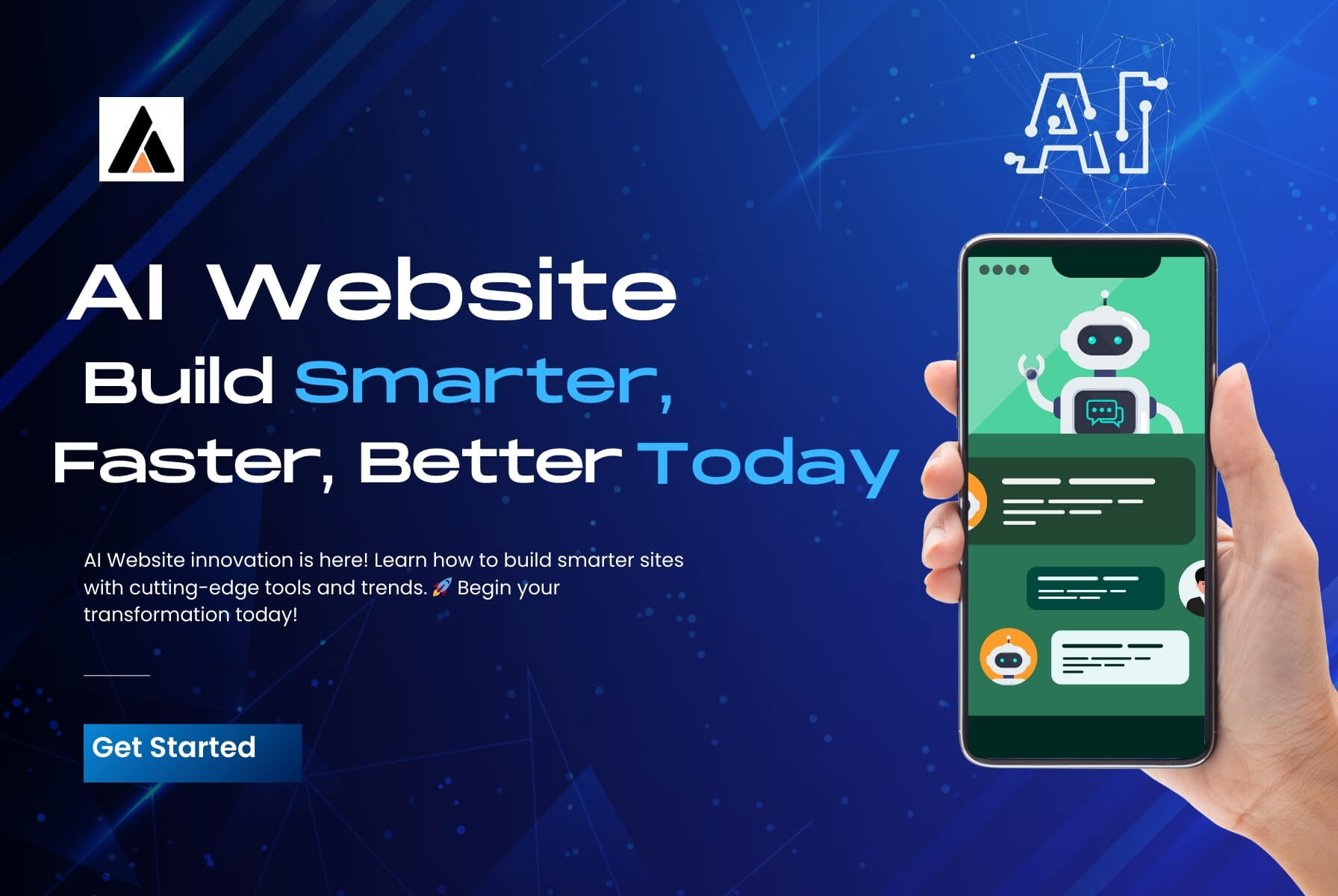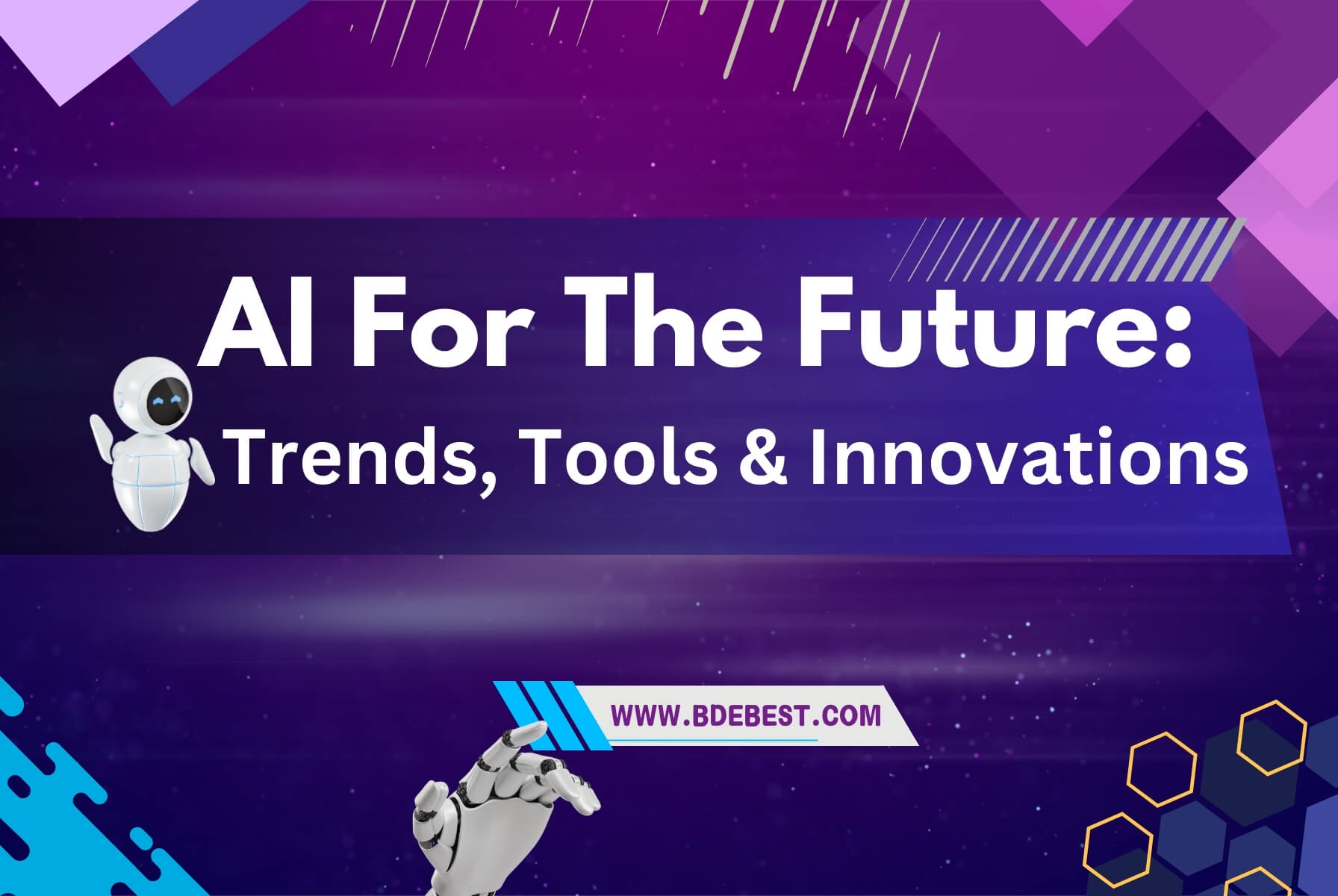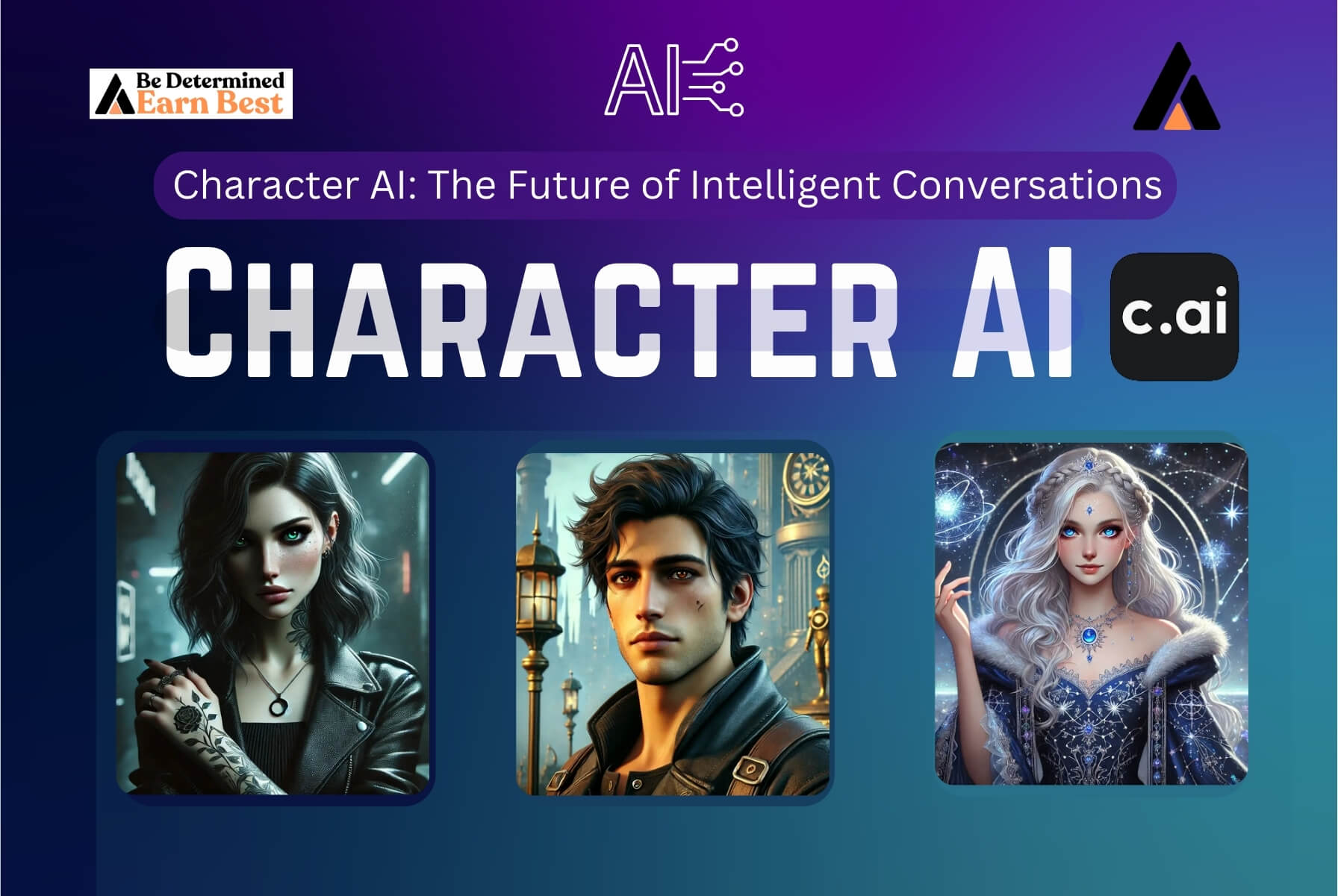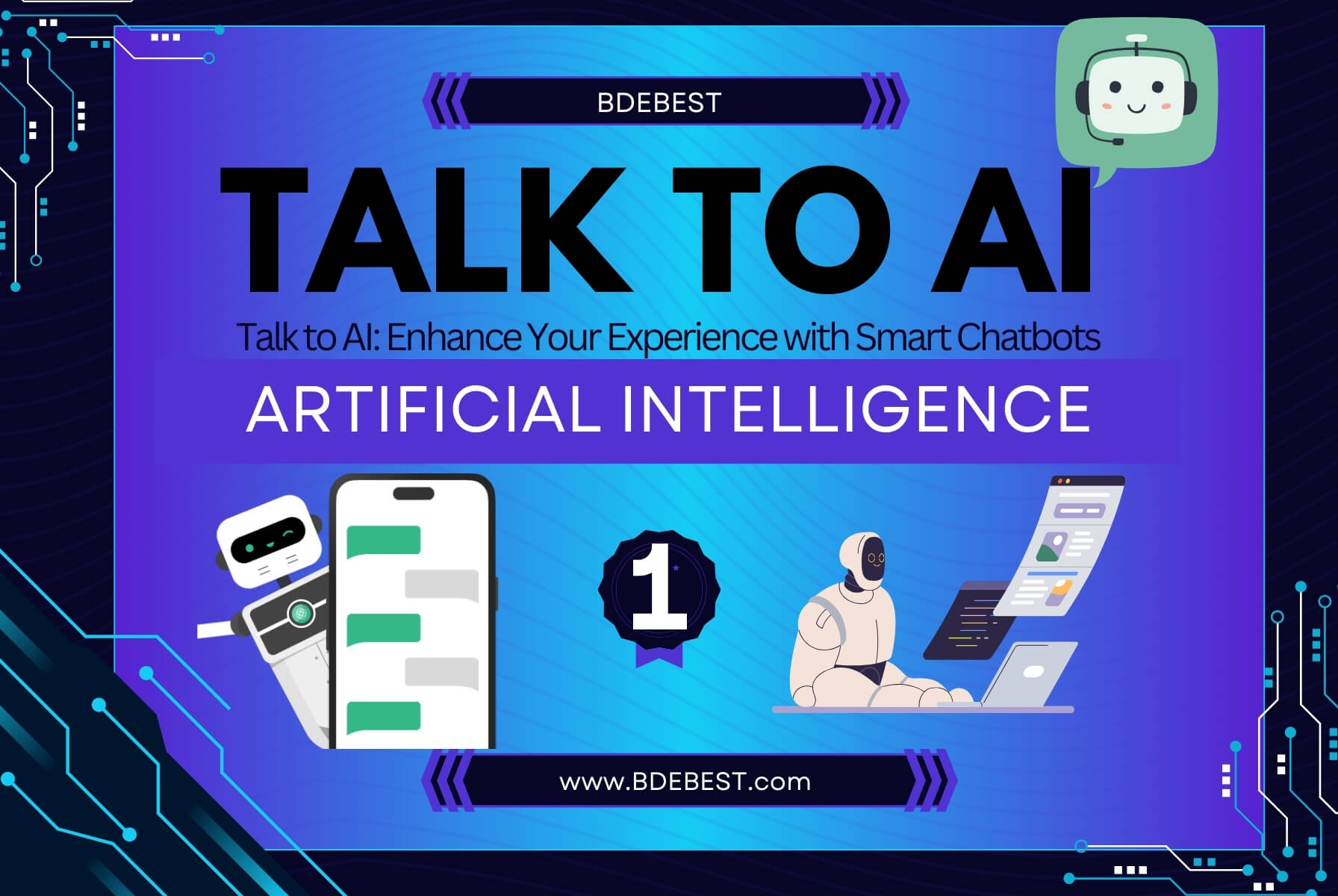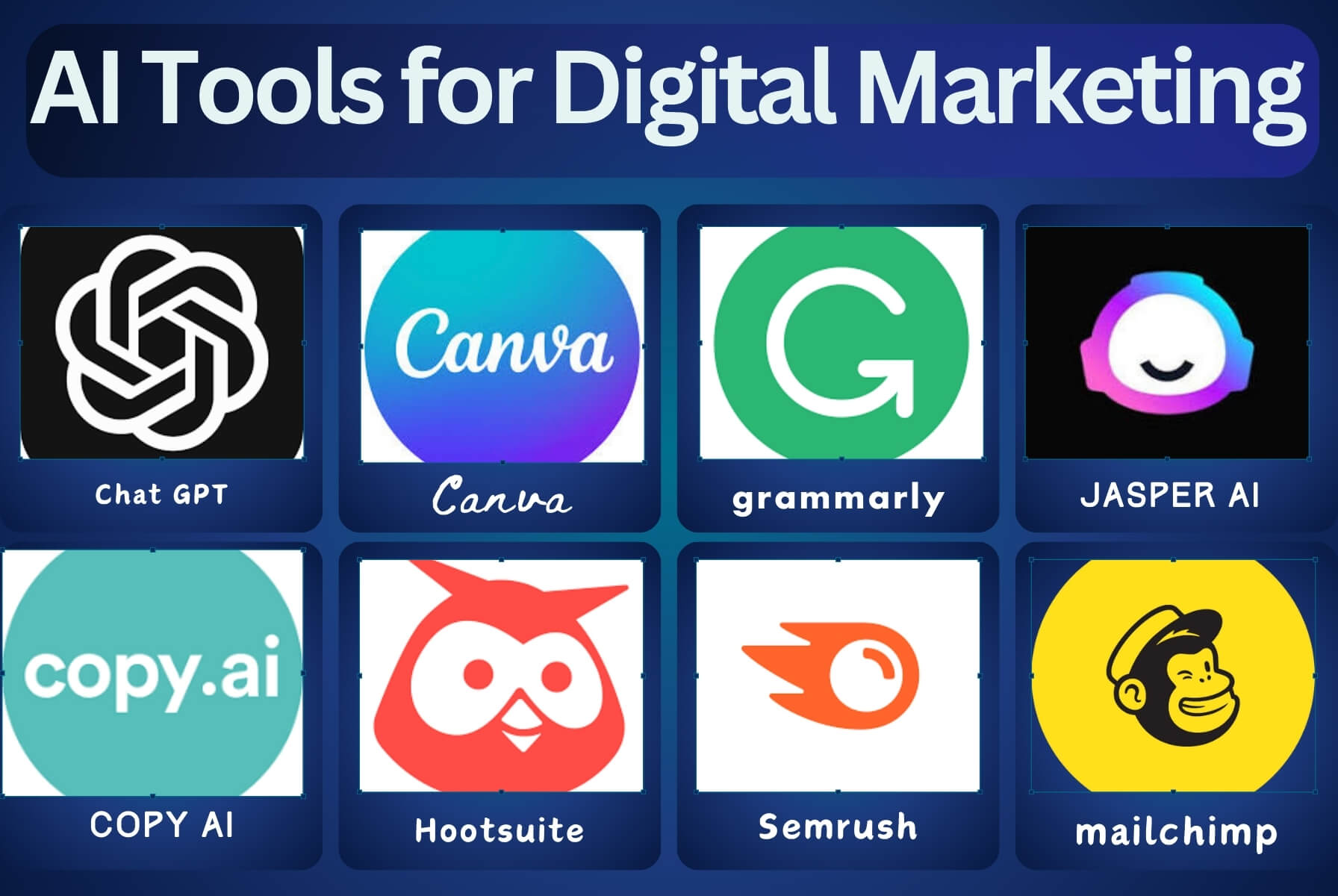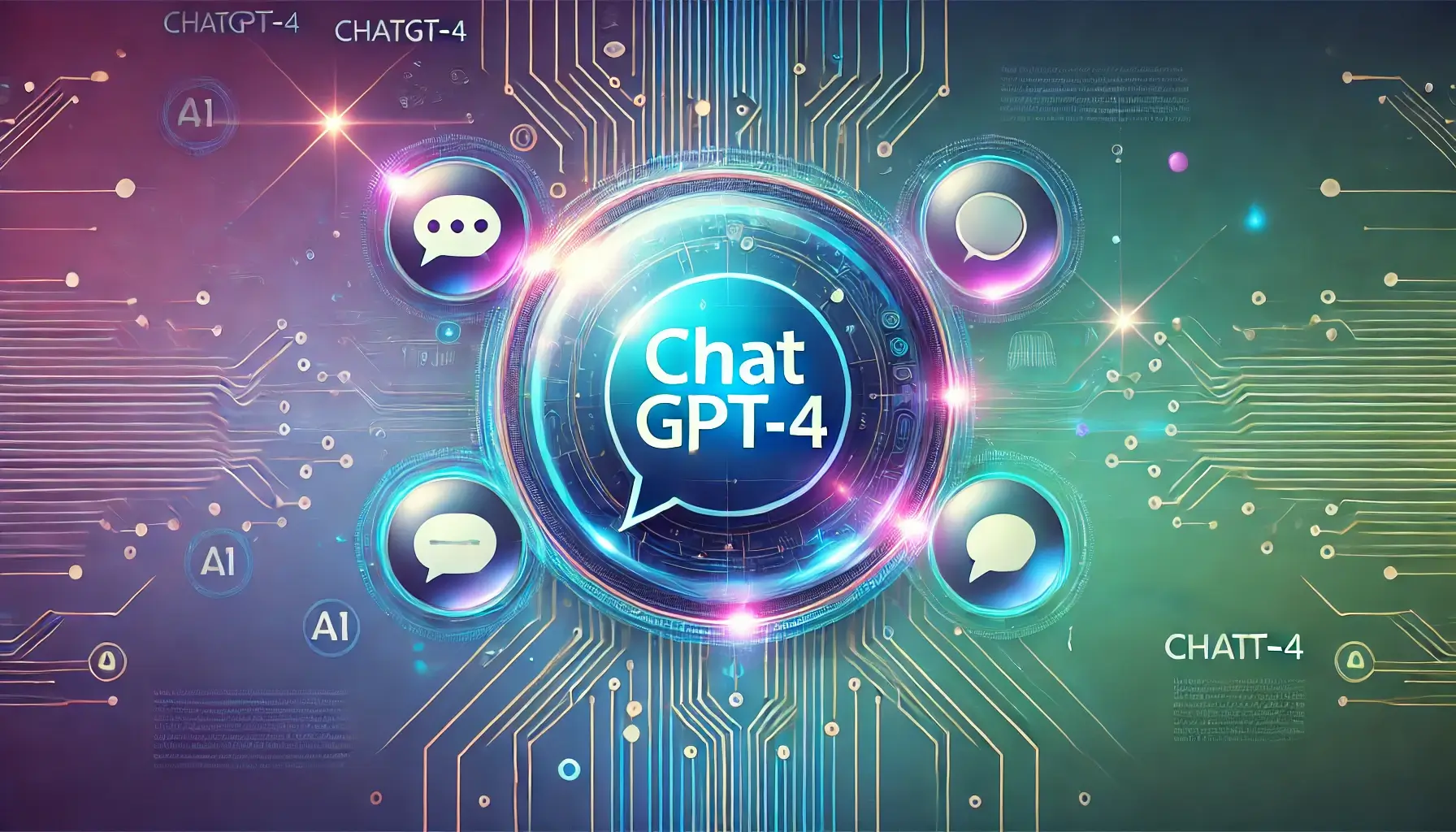In the fast-paced digital world, the term AI website has become a buzzword, but what exactly does it mean? An AI website leverages artificial intelligence technologies to enhance functionality, user experience, and personalization. Unlike traditional static websites, these platforms can adapt dynamically to user needs, automate processes, and provide intelligent solutions.
Defining an AI Website
An AI website integrates artificial intelligence tools, such as machine learning, natural language processing (NLP), and computer vision, to perform tasks typically requiring human intelligence. These capabilities enable AI websites to interact with users, analyze data, and make real-time decisions, offering a superior digital experience.
A Brief History of AI in Web Development
The concept of AI-powered websites began gaining traction in the late 2000s with the advent of intelligent algorithms. Initially used for search engine optimization and chatbots, AI in web development has evolved to include advanced capabilities like recommendation engines, automated content generation, and predictive analytics. Today, platforms like the Open AI website showcase cutting-edge advancements, demonstrating the potential of integrating artificial intelligence into web technologies.
The Importance of AI Websites in Modern Digital Interactions
AI websites have revolutionized how users interact with online platforms. Whether through websites like ChatGPT that enable conversational AI or e-commerce sites offering personalized recommendations, AI-driven solutions ensure efficiency and engagement. Businesses are increasingly adopting AI websites to enhance customer experience, automate repetitive tasks, and gain insights from user behavior. The rise of AI websites for students also highlights their educational potential, making learning more accessible and customized.
By combining intelligence with interactivity, the best AI websites redefine what users expect from online platforms, setting a new standard for the digital age.
Why AI Websites Matter in the Digital Age
As artificial intelligence continues to reshape industries, AI websites have emerged as a critical tool for innovation and growth. From automating tasks to providing hyper-personalized experiences, the benefits of AI-driven websites are vast and transformative.
Advantages of AI Websites
- Automation and Efficiency: AI-powered tools automate routine processes, such as customer support via chatbots or data analysis, reducing operational costs and saving time.
- Personalization: AI websites analyze user behavior to deliver tailored experiences. For example, an online store might recommend products tailored to a user’s browsing habits.
- Data-Driven Decision Making: By collecting and analyzing real-time data, AI websites provide actionable insights, helping businesses make informed decisions.
- Scalability: Whether managing a small blog or a global e-commerce site, AI technology ensures seamless scaling without compromising performance.
Use Cases Across Industries
AI websites are not limited to a single domain—they are transforming industries worldwide:
- E-commerce: Platforms like Amazon use AI for personalized recommendations, inventory management, and customer service automation.
- Education: AI websites for students provide customized learning paths, making education more interactive and effective.
- Healthcare: AI-powered websites assist in patient diagnostics, appointment scheduling, and health monitoring.
- Content Creation: Tools like websites like ChatGPT aid writers and marketers by generating high-quality, engaging content.
Enhancing User Experience with AI Websites
One of the key drivers behind the popularity of AI websites is their ability to deliver exceptional user experiences. Here’s how they do it:
- Interactive Features: AI sites like chatbots provide instant assistance, reducing wait times and improving satisfaction.
- Accessibility: AI web solutions ensure inclusivity by offering voice commands, translations, and adaptive design features.
- Predictive Interactions: From anticipating user needs to offering relevant suggestions, AI websites stay one step ahead.
The growing adoption of AI websites free tools also ensures that businesses of all sizes can harness these benefits, leveling the playing field in the digital space.
Types of AI Websites and Their Features
1. AI-Powered Chatbots and Conversational Platforms
Chatbots are among the most recognizable applications of AI in web development. These platforms simulate human-like conversations to assist users in real time.
- Features and Benefits:
- Instant responses to user queries.
- Integration with messaging apps and websites.
- Contextual understanding using Natural Language Processing (NLP).
- Examples:
- Websites like ChatGPT use AI to provide conversational assistance, content generation, and coding support.
- Customer service bots on e-commerce sites for seamless order tracking and FAQs.
2. Content Generation Platforms
AI content platforms empower users to create high-quality text, images, and videos effortlessly.
- Features and Benefits:
- Automated writing for blogs, ads, and social media.
- Graphic design tools that generate visuals based on user input.
- Time and cost efficiency for content creators.
- Examples:
- Tools like Jasper AI and Canva AI simplify creative workflows.
- Open AI website applications, such as DALL-E, generate custom images from text prompts.
3. Educational AI Websites for Students
AI is revolutionizing education by offering personalized learning experiences tailored to individual needs.
- Features and Benefits:
- AI tutoring systems that adapt to a student’s progress.
- Language learning tools with real-time feedback.
- Skill-building platforms for career development.
- Examples:
- AI websites for students like Duolingo AI and Khan Academy provide tailored lessons and interactive activities.
4. AI Websites for Business Automation
Businesses are increasingly relying on AI websites to streamline operations and improve decision-making.
- Features and Benefits:
- Customer Relationship Management (CRM) systems with predictive analytics.
- Tools for managing inventory, scheduling, and customer support.
- Insights from big data to inform strategic planning.
- Examples:
- AI-driven platforms like HubSpot CRM and Salesforce Einstein automate marketing and sales efforts.
- Analytics tools powered by AI to monitor web traffic and optimize campaigns.
By categorizing AI websites based on their functionalities, users can identify the best AI websites that align with their specific goals, whether for personal, educational, or professional use.
Top 10 Best AI Websites in 2025
Selection Criteria
The following platforms were chosen based on usability, innovation, user value, and scalability. These AI websites represent the pinnacle of AI-driven technologies in 2025.
1. ChatGPT
- Description: A conversational AI platform by OpenAI, ChatGPT excels in generating human-like responses for queries, coding assistance, and brainstorming.
- Unique Features:
- Multi-purpose chatbot capabilities.
- Integrates with productivity tools like Slack.
- Pros: Easy to use, highly versatile.
- Cons: Limited free-tier usage.
- Keywords: Websites like ChatGPT, AI web.
2. Jasper AI
- Description: A content generation tool for marketers, bloggers, and businesses.
- Unique Features:
- AI-powered writing for blogs, emails, and ads.
- Pre-designed templates for faster content creation.
- Pros: Intuitive and time-saving.
- Cons: Premium plans can be expensive.
- Keywords: AI websites free, best AI websites.
3. Canva AI
- Description: A graphic design platform incorporating AI to automate visual content creation.
- Unique Features:
- Magic Resize and Background Remover tools.
- AI suggestions for design layouts.
- Pros: Beginner-friendly and versatile.
- Cons: Advanced features are subscription-based.
- Keywords: AI website, AI sites.
4. Grammarly
- Description: An AI-powered writing assistant for grammar, tone, and clarity improvements.
- Unique Features:
- Real-time writing suggestions.
- Integration with popular tools like Word and Google Docs.
- Pros: Ideal for students and professionals.
- Cons: Limited functionality in free versions.
- Keywords: AI websites for students, best AI websites.
5. OpenAI Website
- Description: A hub for advanced AI models like GPT-4 and DALL-E, offering access to cutting-edge AI tools.
- Unique Features:
- Versatile AI models for text and image generation.
- Developer-friendly API access.
- Pros: Innovative, constantly updated.
- Cons: Requires technical expertise for customization.
- Keywords: Open AI website, AI web.
6. HubSpot CRM
- Description: A business automation platform utilizing AI for marketing, sales, and customer management.
- Unique Features:
- Predictive analytics and automated workflows.
- AI-powered insights for lead management.
- Pros: Great for scaling businesses.
- Cons: Can be overwhelming for beginners.
- Keywords: AI websites for business automation, AI sites.
7. Duolingo AI
- Description: An AI-driven language learning platform with interactive lessons.
- Unique Features:
- Personalized progress tracking.
- Real-time pronunciation feedback.
- Pros: Free to use, engaging.
- Cons: Limited advanced-level resources.
- Keywords: AI websites free, AI websites for students.
8. Salesforce Einstein
- Description: A robust AI platform for businesses, providing insights and automation.
- Unique Features:
- Predictive analytics for sales and marketing.
- Automated reporting and lead prioritization.
- Pros: Highly effective for large-scale enterprises.
- Cons: Expensive for small businesses.
- Keywords: Best AI websites, AI web.
9. Copy.ai
- Description: An AI writing platform for short-form content.
- Unique Features:
- AI templates for social media, product descriptions, and more.
- Real-time editing suggestions.
- Pros: User-friendly and efficient.
- Cons: Limited creative depth in complex tasks.
- Keywords: AI website, websites like ChatGPT.
10. Kahoot AI
- Description: A learning and quiz platform with AI-enhanced features for educators.
- Unique Features:
- Personalized quiz suggestions based on student performance.
- AI-generated questions for diverse topics.
- Pros: Engaging and collaborative.
- Cons: Focused on educational settings.
- Keywords: AI websites for students, AI web.
AI websites continue to revolutionize how we interact with technology, offering advanced tools for creativity, learning, and business automation. From websites like ChatGPT to platforms like Grammarly and Canva AI, the best AI websites of 2025 cater to various user needs while showcasing the transformative potential of artificial intelligence. Whether you’re a student, professional, or entrepreneur, there’s an AI website out there to help you achieve your goals efficiently and innovatively.
Free AI Websites: Exploring Budget-Friendly Options
Benefits of Using Free AI Websites
Free AI tools allow users to access advanced functionalities without the financial burden. Whether you’re a student needing assistance with assignments or a small business exploring AI for automation, free platforms provide a perfect starting point.
- Cost-Effective Solutions: Free AI websites eliminate entry barriers, enabling experimentation and learning without upfront investments.
- Broad Applications: From content generation to language learning, free AI tools serve a wide range of needs.
- Scalability: Many free platforms offer paid tiers, allowing users to scale as their requirements grow.
By leveraging these tools, users can experience the transformative power of AI without committing to expensive software.
Top Free AI Tools and Their Applications
Here are some of the most popular AI websites free platforms that cater to various needs:
- Duolingo AI
- Purpose: Language learning.
- Key Features:
- AI-driven lessons tailored to individual progress.
- Real-time pronunciation feedback and gamified learning.
- Ideal For: Students and professionals looking to enhance language skills.
- Copy.ai (Free Plan)
- Purpose: Content creation.
- Key Features:
- Create content for marketing campaigns, social media updates, or blog posts effortlessly.
- AI templates for quick and efficient writing.
- Ideal For: Content creators and marketers.
- Grammarly (Free Version)
- Purpose: Writing assistance.
- Key Features:
- Grammar, spelling, and tone suggestions.
- Integration with web browsers and apps.
- Ideal For: Students, writers, and professionals.
- Khan Academy AI
- Purpose: Personalized education.
- Key Features:
- Tailored lessons based on performance.
- Interactive exercises and step-by-step solutions.
- Ideal For: Students of all ages.
- ChatGPT (Free Access)
- Purpose: Conversational AI.
- Key Features:
- Answers to questions, brainstorming ideas, and learning new concepts.
- Versatile applications in various industries.
- Ideal For: Anyone seeking assistance with tasks or learning.
These tools represent some of the best AI websites available for free, offering robust features across different domains.
Limitations of Free AI Websites
While free AI websites are incredibly useful, they often come with limitations that may necessitate upgrading to paid versions:
- Feature Restrictions: Advanced tools and premium features are typically locked behind a paywall.
- Usage Caps: Many free AI websites, like websites like ChatGPT, limit the number of queries or actions per day.
- Scalability Issues: Free versions may not suffice for high-volume or complex needs.
For users with growing demands, transitioning to a paid plan or exploring alternatives on the Open AI website and other platforms might be necessary.
How AI Websites are Transforming Education for Students
Education is one of the most impactful areas for AI innovation, and AI websites for students are leading the way in making learning more engaging and accessible.
Personalized Learning Experiences
One of the key advantages of AI websites in education is their ability to deliver tailored experiences:
- Adaptive Learning: Platforms like Khan Academy AI analyze student performance and adjust lessons accordingly.
- Real-Time Feedback: AI tools offer immediate corrections and suggestions, fostering a faster learning curve.
- Interactive Learning: Gamified features keep students motivated and engaged.
These personalized approaches ensure that students receive the support they need, making learning more effective.
Top Educational AI Websites
Here are some of the top AI websites for students that are reshaping education:
- Khan Academy AI
- Tailors lessons to individual learning paces.
- Offers resources across a variety of subjects, from math to humanities.
- Quizlet
- Uses AI to create custom quizzes and flashcards.
- Enhances memorization with adaptive algorithms.
- Duolingo AI
- Provides language learners with a fun and effective platform.
- Gamified exercises keep users engaged.
- Grammarly (Free and Premium)
- Supports students in improving their writing and grammar skills.
- Ideal for essays, reports, and communication skills.
- Coursera with AI Integration
- Offers skill-building courses in collaboration with universities.
- AI features recommend courses based on career goals and interests.
These AI sites empower students with tools to excel academically and professionally.
AI for Skill-Building and Career Development
In addition to traditional education, AI websites play a crucial role in skill-building and preparing students for the workforce:
- Skill Development Platforms: Websites like Coursera and LinkedIn Learning integrate AI to suggest career-relevant courses.
- Coding and Tech Learning: Platforms like Codecademy use AI to provide coding tutorials tailored to user progress.
- Resume Building: AI tools assist in creating optimized resumes, enhancing job search prospects.
By leveraging these resources, students can gain a competitive edge in their academic and professional journeys.
Building Your Own AI Website: A Beginner’s Guide
Creating an AI website may seem daunting, but with the right tools and knowledge, you can bring your vision to life.
1. Choosing the Right Tools and Platforms for AI Integration
The first step in building an AI web solution is selecting appropriate tools and platforms. Based on your objectives, consider these widely used tools and platforms:
- AI Frameworks: TensorFlow, PyTorch, and Scikit-learn for machine learning models.
- APIs: Use pre-built APIs like OpenAI’s GPT API for natural language processing or Google Vision API for image recognition.
- Web Development Platforms: WordPress, Wix, or custom solutions using HTML, CSS, and JavaScript.
For beginners, platforms like the Open AI website offer accessible APIs to integrate AI into websites without extensive coding knowledge.
2. Key Technologies to Consider
AI websites require a combination of technologies to function efficiently:
- Natural Language Processing (NLP): Enables chatbots and conversational interfaces similar to websites like ChatGPT.
- Computer Vision: For facial recognition, image processing, and augmented reality features.
- Data Analytics: Real-time data collection and processing for personalized recommendations.
3. Example Workflow for Simple AI Functionalities
Here’s how you can add a basic chatbot to your website:
- Define Objectives: Determine the purpose of the chatbot (e.g., customer support, FAQs).
- Select an API: Use a conversational AI API, such as GPT from OpenAI.
- Integrate with Your Site: Add the API to your site using JavaScript or through a plugin.
- Test and Deploy: Run extensive tests to ensure functionality and user-friendliness.
4. Ethical Considerations and Data Security
Building an AI website comes with responsibilities:
- Data Privacy: Ensure compliance with regulations like GDPR by securing user data.
- Bias Mitigation: Train AI models to avoid biases in content or interactions.
- Transparency: Clearly communicate AI-driven features to users.
Prioritizing ethical practices builds trust and safeguards your AI web platform.
Challenges and Future Trends in AI Websites
While AI websites offer immense potential, they are not without challenges.
1. Challenges
- Data Privacy: AI sites must handle sensitive user data responsibly, ensuring robust encryption and compliance with global standards.
- Bias in AI Models: Poorly trained models can perpetuate biases, affecting user trust.
- Accessibility Issues: Making AI websites user-friendly for all, including individuals with disabilities, remains a challenge.
2. Future Trends
The future of AI websites is exciting, with several innovations on the horizon:
- Generative AI: Platforms like websites like ChatGPT will become even more advanced, offering tailored content creation and user interactions.
- Real-Time Personalization: AI will analyze user behavior in real time to deliver hyper-personalized experiences.
- AI-Driven Web Design: Automated design tools will allow non-developers to create visually stunning websites with AI assistance.
3. Predictions for the Next Decade
By 2035, we predict:
- A significant rise in AI-powered education tools catering to diverse learning styles.
- Ubiquitous use of AI for seamless e-commerce experiences.
- Widespread integration of generative AI in professional and creative fields.
Comprehensive FAQ Section
1. What is an AI website?
An AI website integrates artificial intelligence to perform tasks like automation, personalization, and real-time decision-making.
2. How do AI websites work?
AI websites leverage technologies like machine learning, NLP, and APIs to analyze data and interact with users intelligently.
3. What are some of the best AI websites available today?
Examples include ChatGPT for conversational AI, Canva AI for design, and Grammarly for writing assistance.
4. Are there free AI websites I can use?
Yes! Platforms like Duolingo AI, Khan Academy, and the free version of ChatGPT provide robust AI tools without cost.
5. How do AI websites benefit students?
AI websites offer personalized learning, interactive tools, and skill-building platforms to help students excel academically and professionally.
6. Can I create my own AI-powered website without coding experience?
Yes! Tools like Wix, WordPress, and AI-powered plugins make it easy to integrate AI without coding.
7. What are the risks of using AI websites?
Key risks include data privacy concerns, potential biases in AI models, and reliance on third-party tools.
8. Which AI websites are similar to ChatGPT?
Websites like Jasper AI and Copy.ai offer similar conversational and content generation capabilities.
9. How do I stay updated on new AI website technologies?
Follow industry blogs, subscribe to newsletters, and explore platforms like the Open AI website for updates.
10. What role does OpenAI play in the development of AI websites?
OpenAI is a pioneer in AI innovation, offering tools like GPT and APIs that developers can integrate into AI websites.
AI websites are reshaping the digital landscape, offering tools that make life easier, learning more engaging, and businesses more efficient. Whether you’re exploring websites like ChatGPT or building your own AI website, the potential is limitless.
Ready to start your journey? Explore the best AI websites mentioned here or take the leap into AI-powered web development. Subscribe to our newsletter for the latest updates, or dive into our blog for in-depth guides on AI trends and technologies. Together, let’s unlock the future of the AI web!

